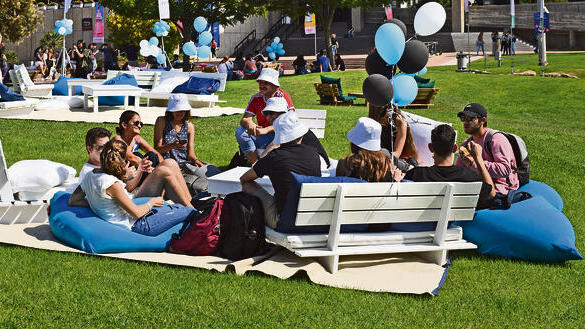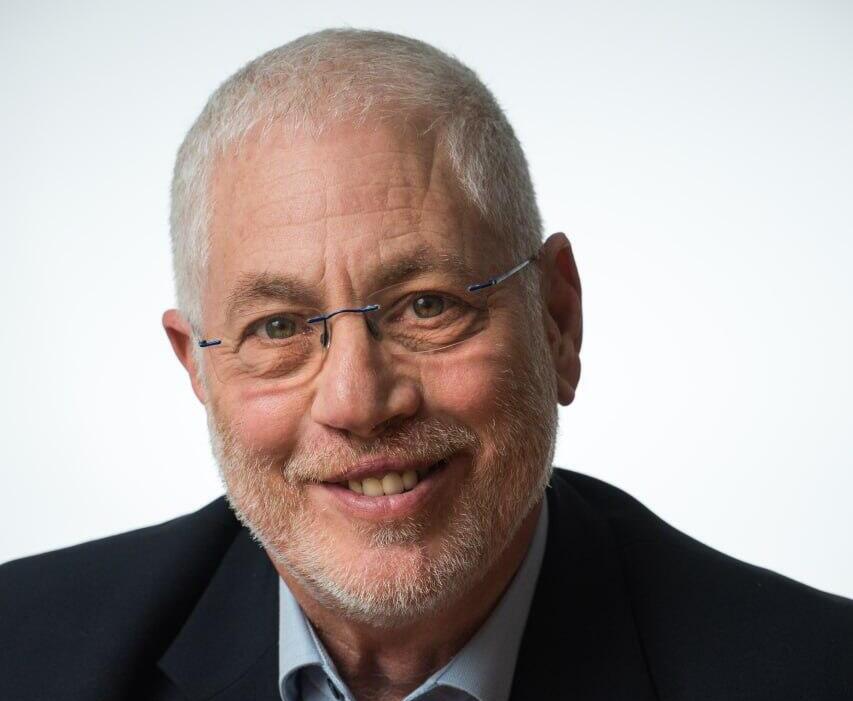Israeli higher education institutions opened the academic year on Sunday amid the backdrop of the Gaza war for the second consecutive time, as tens of thousands of students — some still actively serving in the reserves — head to universities and colleges.
Data from universities and colleges indicate that one in five students served in the reserves in the last academic year — marking about 70,000 students — and similar numbers are expected this year.
Ahead of the academic year, university heads pledged to continue supporting reservists to minimize the impact on them and help them complete their degrees. They also showed concern about anticipated cuts to higher education, urging funds be allocated to address these challenges and were also troubled by the growing phenomenon of boycotts against Israeli institutions and researchers worldwide.
Universities report a significant number of reservists already mobilized, with more expected to do so throughout the year. At the Hebrew University, 2,000 reservists will start the year, while Tel Aviv University has about 1,600, Ariel University has 1,900, Ben-Gurion University has 1,700, a similar number at Bar-Ilan University and over 1,000 at the Technion.
A breakdown by field of study reveals that a large proportion of these reservists are enrolled in engineering, medicine and law faculties.
The war’s effects are also reflected in students’ choice of study fields. Universities report an increase in students enrolling in therapeutic fields like psychology, social work, physical therapy and occupational therapy.
Additionally, education studies are seeing ongoing growth in study interest alongside rising regard for technology and engineering fields. Ariel University reports a 15% increase in the number of students starting medical studies this year.
Meanwhile, the war has driven a significant increase in demand for Arabic language and literature studies (40%) as well as Islamic and Middle Eastern studies (31%).
According to data from Haifa’s Technion, enrollment interest remains unaffected by the ongoing war. "We’ll likely open the new academic year under the threat of rocket fire," said Technion President Prof. Uri Sivan. "The Technion is probably the only university in the world directly protected by technologies developed by its alumni — the Iron Dome, David's Sling and Arrow are just a few examples."
He added that harm to Israeli academia through budget cuts, threats to its independence, or restrictive laws would severely impact Israel’s future — its security, economy and society. "I invite everyone to imagine what the current war would look like without our technological advantage and how the economy could support the war without advanced industries," he said.
Get the Ynetnews app on your smartphone:





